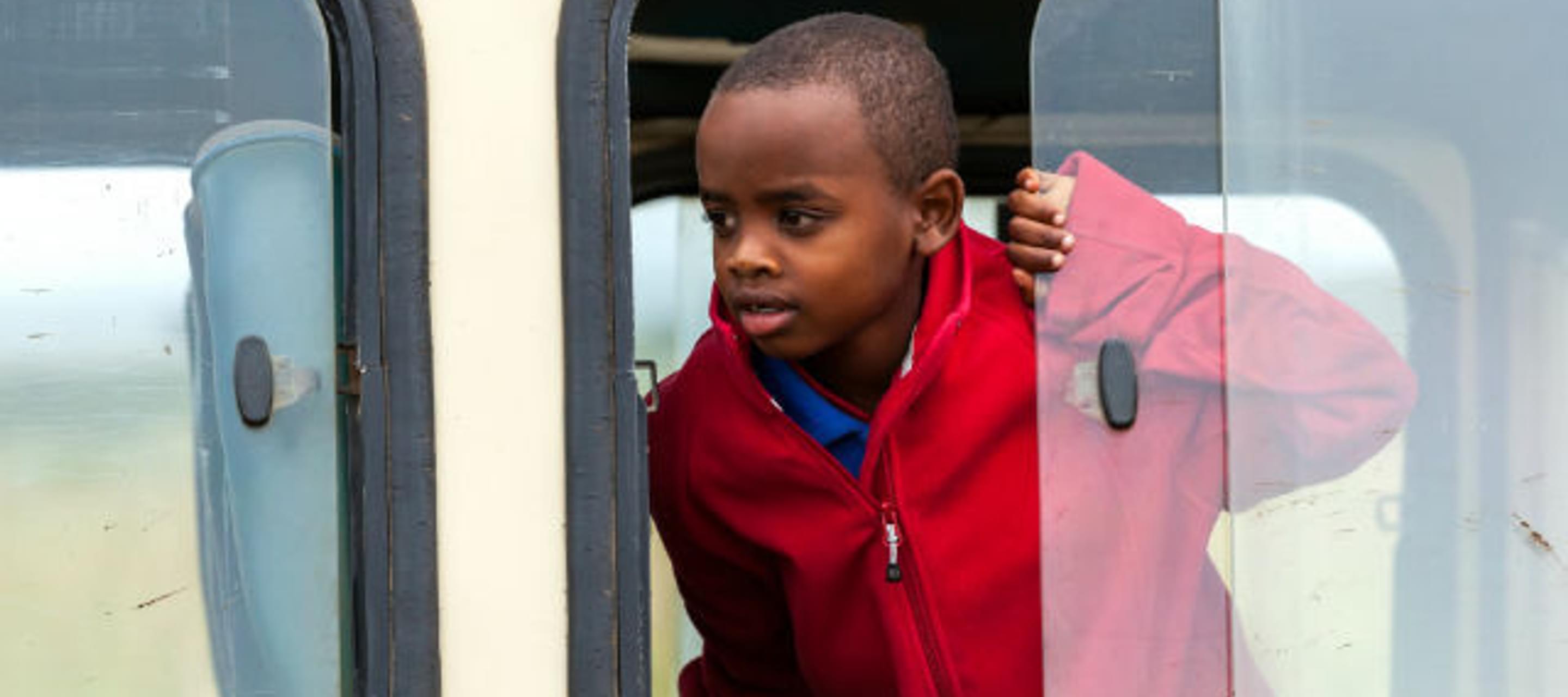Children's Rights Finally Getting the Attention they Deserve
30 March 2012

This op-Ed was originally published on TheGuardian.com.
Recognition of children as important in the broader human rights and business discussion has been a long time coming
Children's rights are finally getting the attention they deserve on the corporate responsibility agenda. An annual survey of key emerging business and human rights issues in 2012 included child rights for the first time. This recognition of children as an important contingent in the broader human rights and business discussion has been a long time coming.
In creating the mandate of UN special representative to the secretary general (SRSG) on business and human rights in 2005, governments called on the SRSG to "pay particular attention to children". SRSG John Ruggie chose not to focus on children specifically but the policy framework on business and human rights he developed and the UN Human Rights Council unanimously approved in 2008 to guide government and business actions, does provide the starting point for putting children squarely on the business agenda.
The UN Protect, Respect, Remedy Framework sets out basic rules on human rights that apply to all businesses:
Protect: governments have an obligation to regulate businesses and effectively address human rights abuses involving corporate actors
Respect: all businesses have a responsibility to respect human rights independent of whether states adopt human rights laws and to demonstrate they live up to that responsibility through ongoing due diligence
Remedy: when someone is harmed as a result of business actions, they should have access to an effective remedy
Getting these rules right is important for everyone, but hugely important for children.
Last year, the UN Human Rights Council adopted Guiding Principles to implement the UN Protect, Respect, Remedy Framework. The Guiding Principles make clear that businesses should respect the human rights of individuals belonging to "specific groups or populations that require particular attention", including children. There is a golden nugget buried in the Guiding Principles that should help focus business thinking on respecting the rights of children: the tongue-twisting concept of irremediability.
The Guiding Principles rightly direct businesses to prioritise their actions on addressing their most severe human rights impacts as well as those impacts where a delayed response would make the harm irreversible. The concept of irremediability takes on a whole new meaning when talking about children. It makes clear that "dealing with it later" is often not an option for business when it comes to children. This is true for two reasons.
First, because childhood is a unique window – for good and bad. Due to their rapid physical and psychological development, direct or indirect corporate impacts on children that may lead to deprivations – of food, clean water, health services, care and affection – can have irreversible effects. Nutritional deprivation in early years can impede a child's growth, health, and behavioural development irreparably for the rest of their lives. If abused as a child, psychological scars may never disappear.
Second, because harm is often manifested differently in children than adults. For example, children often spend more of their time playing outside and are therefore more susceptible to soil pollution and other outdoor pollution. Children also absorb a higher percentage of pollutants than adults. A child's developing immune system is less able to fight off contaminants, and organs are slower to eliminate toxic and foreign substances. Similarly, economic and physical disruptions that adults can readily cope with can be defining events in a child's life – missing one or two years of education due to displacement can be critical in terms of future success, as children who do not go to school with their peers often will later not go to school at all.
The new Children's Rights and Business Principles launched earlier this month build on the UN Protect, Respect, Remedy Framework and Guiding Principles, and call on businesses to carry out human rights due diligence – assessing how they may impact human rights and children's rights. As companies design their assessments and responses they need to put the irremediability concept at the core of their thinking. When choosing among competing priorities, a focus on this concept may push impacts on children to the top of the list. For example, many countries use the current "average adult" who is well nourished and healthy as the standard when setting pollution levels, rather than considering toxicological effects on children more specifically. Especially when operating in areas where many children are present in surrounding communities, businesses should operate to emission standards that specifically take into consideration children's vulnerabilities to pollution – precisely because impacts on children can be irreversible.
What business wants to be seen as not caring about children? Putting a child's viewpoint on business due diligence and responses will require a new way of thinking for many companies. Fortunately, the discussion finally seems to have started in earnest, with signposts now in place to help along the way.




